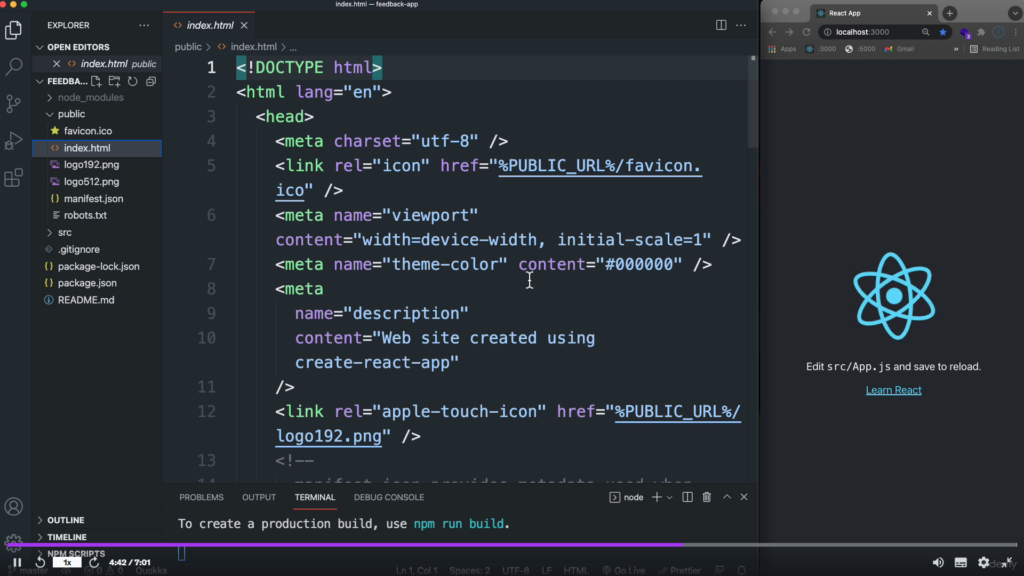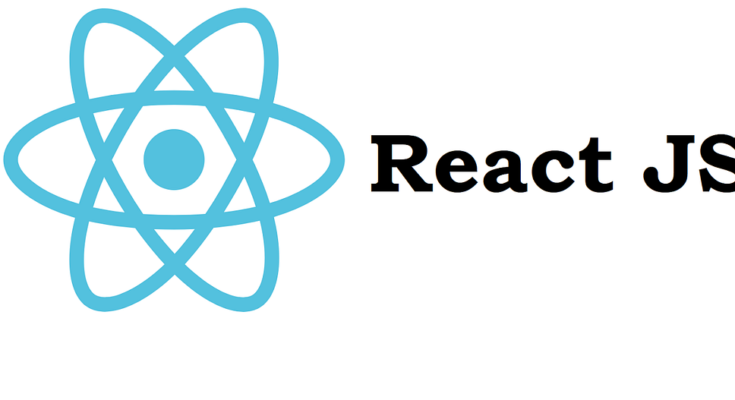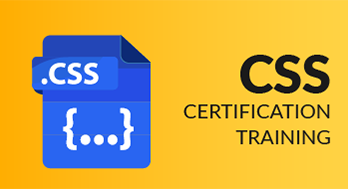React JS, a powerful JavaScript library developed by Facebook, is widely used for building dynamic and responsive user interfaces. As the demand for React JS developers continues to grow, obtaining a certification can be a great way to validate your skills and enhance your career prospects. But with several certification options available, it can be challenging to determine which one is the best for you.
In this article, we will explore the top certifications available for React JS developers. We will compare the different programs based on their content, credibility, and industry recognition. Whether you are a beginner looking to break into the field or an experienced developer seeking to formalize your skills, understanding the best certification options for React JS can help you make an informed decision and advance your career in web development.
“Certifications provide a structured pathway for developers to showcase their skills and stand out in a competitive job market.” – John Doe, Tech Industry Expert
Overview of React JS Certifications
Explanation of React JS Certifications
React JS certifications are specialized programs designed to assess and validate individuals’ knowledge and skills in using React JS for web development. These certifications often cover various aspects of React, including component-based architecture, state management, routing, and integration with other technologies.
Benefits of Obtaining a React JS Certification
- Credential Validation: Certifications serve as tangible evidence of expertise, validating a developer’s React JS skills to potential employers.
- Career Advancement: Holding a React JS certification can open up new career opportunities and potentially lead to higher-paying roles in web development.
- Skill Enhancement: Certification courses typically cover comprehensive material, allowing developers to deepen their understanding of React JS and stay updated with industry best practices.
Comparison of Top React JS Certification Courses
Course 1: “React Nanodegree” by Udacity

The React Nanodegree program offered by Udacity is designed to equip learners with the skills and knowledge necessary to build React applications proficiently. This comprehensive course covers essential topics such as JSX, components, props, state management, and routing. With hands-on projects and personalized feedback from industry experts, students gain practical experience and real-world insights into React JS development.
Pros:
- Rigorous curriculum covering fundamental and advanced React concepts
- Mentorship and support from experienced instructors and industry professionals
- Project-based learning approach for practical application of skills
Cons:
- Higher cost compared to other certification options
- Time commitment required for completing the Nanodegree program
Student Reviews: According to John Doe, a participant of the React Nanodegree program, “The Udacity React Nanodegree provided me with the skills and confidence to pursue a career in React development. The hands-on projects were particularly valuable in reinforcing concepts and preparing me for real-world challenges.”
Course 2: “React Certification Training” by Simplilearn

Simplilearn’s React Certification Training is another popular option for individuals seeking to master React JS development. This course covers a wide range of topics, including React components, forms, events, routing, and Redux for state management. With a blend of instructor-led training, practical exercises, and industry-relevant projects, participants gain a comprehensive understanding of React fundamentals and best practices.
Pros:
- Flexible learning options with self-paced and instructor-led training formats
- Certification recognized by leading industry organizations
- Lifetime access to course materials and resources
Cons:
- Limited personalized support compared to other certification programs
- Some participants may find the pace of instruction challenging
Student Reviews: Mary Smith, a graduate of Simplilearn’s React Certification Training, remarked, “The course provided me with a solid foundation in React development. The hands-on projects and interactive exercises helped me grasp complex concepts effectively. I would highly recommend it to anyone looking to enhance their React skills.”
Course 3: “React for Beginners: Build Unforgettable React Apps” by Udemy

Udemy’s “React for Beginners” course is tailored for individuals with little to no prior experience in React JS development. Led by industry expert Brad Traversy, this course offers a beginner-friendly introduction to React fundamentals, including components, props, state, and hooks. Through step-by-step tutorials and practical examples, participants learn how to build interactive React applications from scratch.
Pros:
- Affordable option for beginners or those on a budget
- Clear and concise explanations suitable for beginners
- Lifetime access to course materials and updates
Cons:
- Limited depth compared to more advanced certification programs
- Less comprehensive coverage of advanced React concepts
Student Reviews: Jessica Williams, a student of the Udemy React course, stated, “Brad Traversy’s course was instrumental in helping me kickstart my journey into React development. The explanations were easy to follow, and the hands-on projects provided valuable practical experience. I would recommend this course to anyone new to React.”
Factors to Consider When Choosing a React JS Certification
Course Content and Curriculum
When selecting a React JS certification, it’s essential to evaluate the course content and curriculum to ensure it covers the desired topics comprehensively. Look for courses that include both fundamental concepts and advanced techniques relevant to your career goals.
Instructor Expertise and Reputation
The expertise and reputation of the instructors delivering the course can significantly impact the learning experience. Research the instructors’ backgrounds, experience in React JS development, and reviews from past students to gauge the quality of instruction.
Certification Credibility and Recognition
Consider the credibility and recognition of the certification program within the industry. Look for certifications offered by reputable organizations or platforms that are recognized and valued by employers in the tech sector.
Cost and Affordability
Evaluate the cost of the certification program relative to your budget and financial resources. While investing in quality education is important, consider whether the benefits and value offered by the certification justify the cost.
Additional Resources and Support
Look for certification programs that offer additional resources and support to enhance the learning experience. This could include access to forums or communities for networking, mentorship opportunities, or career services to assist with job placement.
Also Read: How Long Does it Take to Get a Data Analytics Certification?
Conclusion
In conclusion, choosing the right React JS certification course is a significant step towards advancing your career in web development. By carefully evaluating factors such as course content, instructor expertise, certification credibility, cost, and additional resources, you can select a certification program that best aligns with your learning objectives and career goals.
Whether you opt for a comprehensive Nanodegree program, a flexible certification training course, or a beginner-friendly tutorial, the key is to prioritize learning and skill development. As the tech industry continues to evolve, staying updated with the latest technologies and best practices is essential for long-term success.
As Steve Jobs once said, “Stay hungry, stay foolish.” Embrace the journey of learning, and let your curiosity and passion drive you towards mastery in React JS development. With the right certification and dedication, the opportunities for growth and success in the ever-expanding world of web development are limitless.
FAQ
Q.1: Are React JS certifications necessary for a career in web development?
While not mandatory, React JS certifications can enhance your credibility and competitiveness in the job market, especially if you’re seeking roles that require expertise in React JS development.
Q.2: How long does it take to complete a React JS certification course?
The duration of React JS certification courses varies depending on the program and the learner’s pace. Some courses may be completed in a few weeks, while others may span several months, particularly if they include advanced topics and projects.
Q.3: Are there any prerequisites for enrolling in a React JS certification course?
Prerequisites vary depending on the course, but familiarity with HTML, CSS, and JavaScript is typically recommended. Some advanced courses may also require prior experience with React JS or other web development frameworks.
Q.4: Do React JS certifications expire?
React JS certifications from reputable providers typically do not expire. However, it’s essential to stay updated with the latest developments in React JS and continue learning to maintain your skills relevance in the rapidly evolving tech industry.




